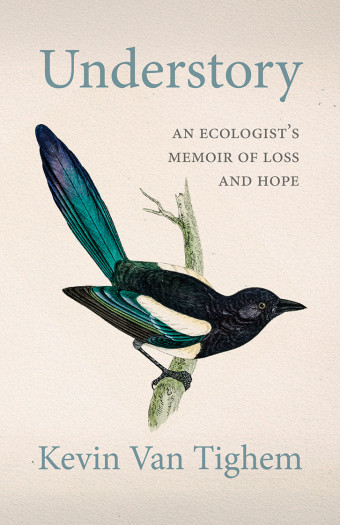A “just transition” refers to moving away from a dependency on fossil fuels toward forms of energy with lower carbon footprints, while still ensuring that people’s livelihoods do not suffer in the process.

- Unjust Transition
- Emily Eaton (Editor), Andrew Stevens (Editor), Sean Tucker (Editor)
- Fernwood Publishing
- $29.00 Paperback, 200 pages
- ISBN: 978-17-73636-72-6
The second part of that equation is not always addressed, and the book Unjust Transition: The Future for Fossil Fuel Workers argues that solidarity between unions and community movements is required for the transition to be truly just.
Unjust Transition is edited by three academics at the University of Regina: Emily Eaton (professor in the Department of Geography and Environmental Studies), Andrew Stevens (associate professor in the Faculty of Business Administration), and Sean Tucker (professor in the Faculty of Business Administration).
The book documents the failure of collective bargaining negotiations between the Co-op Refinery Complex in Regina (a subsidiary of Federated Co-operative) and Unifor Local 594 from December 2019 through June 2020, and its impact on the rights of the workers who were locked out.
“This is a book about occupational health and safety, the fight for pensions and fair wages, and the role of media in shaping the narrative about corporate interests. It’s also a book that connects environmental justice with labour rights,” the editors explain in a collective response.

Emily Eaton
“The idea of an edited collection covering all of these issues – labour rights and environmental justice – just emerged organically from this historic 2019-2020 lockout. And there’s relevance here for other communities and workers employed in Canada’s fossil fuel sector.”
While co-operatives are generally regarded as forces for good in society, Unjust Transition shows how a co-operative can go astray – acting as a warning to the labour movement.
“The Co-op Refinery Complex, the company at the centre of our book, was founded in 1935 as the Consumers’ Co-operative Refineries Limited, with 632 shareholding members. Nine years later it joined the Federated Co-operatives Limited.
“The retail cooperatives, including grocery, gas, and hardware stores that have been part of FCL, have been essential to rural communities and responsive to the needs of their local consumer members,” the editors explain.

Andrew Stevens
“Our book traces the FCL’s abandonment of the principles of co-operativism when they disregarded their workers and locked them out over six months, attempting to break their union.”
The editors also emphasize that “the transition away from fossil fuels isn’t just an environmental justice issue – there are livelihoods and community interests at stake.”
And in order to achieve justice, workers will have to take a direct and active role in steering that transition.

Sean Tucker
“Our book suggests that we are going to see more companies using the excuse of the low carbon transition as cover to force concessions from their work forces,” the editors say.
“If we are correct, fossil fuel workers are going to need to actively engage in discussions about the future of their industry and build the kind of power needed to negotiate a transition that is just for them as workers.”













